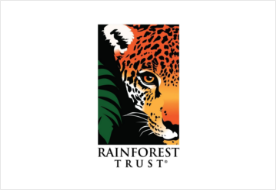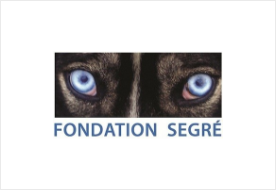Thanks to support from The Darwin Initiative, this project will address severe land degradation, red panda habitat loss and herder wellbeing in the winter rangelands of Sakteng Wildlife Sanctuary (SWS) in remote eastern Bhutan.
SWS is also home to 5,000 semi-nomadic Brokpa herders, an indigenous tribe of eastern Bhutan whose livelihoods depend on raising livestock. We are working to foster red panda stewardship while supporting sustainable livelihoods among these people.
The Red Panda Conservation Action Plan for Bhutan (2018-2023) is a partnership between Charles Sturt University, Australia, the Government of Bhutan, World Wildlife Fund, Red Panda Network and Australian Landcare International. It is funded by the UK Darwin Initiative Fund from 2016 to 2019.
Red Panda Network (RPN) played a key role in advocating for and developing the plan. We are also helping to ensure its effective implementation under the leadership of Bhutan's Nature Conservation Division of the Department of Forests and Park Services (DOFPS) who will conduct the research in the project area.
The presence of red pandas has been confirmed in seventeen districts, including seven of the ten protected areas, and eight of the nine biological corridors (within the altitudinal range of 2000 meters to 4300 meters above sea level). However, population status and density are unknown. The action plan aims to conduct extensive research to understand red panda population dynamics, ecological roles, socio-cultural significance, breeding behaviors, and movement ecology.
We have expanded our research into Bhutan's Samtse, Haa and Dagana districts, which will fill knowledge gaps about red panda distribution and threats in southwest Bhutan and the borders with Sikkim/West Bengal. The DOFPS' Nature Conservation Division will implement the research, which has two main objectives:
Ascertain the relative abundance, habitat use, and conservation threats to red pandas in the south-western part of Bhutan including border with India.
Develop and conduct a community awareness and engagement programme.




Learn more in Progress and Red Panda Pawprints in Bhutan